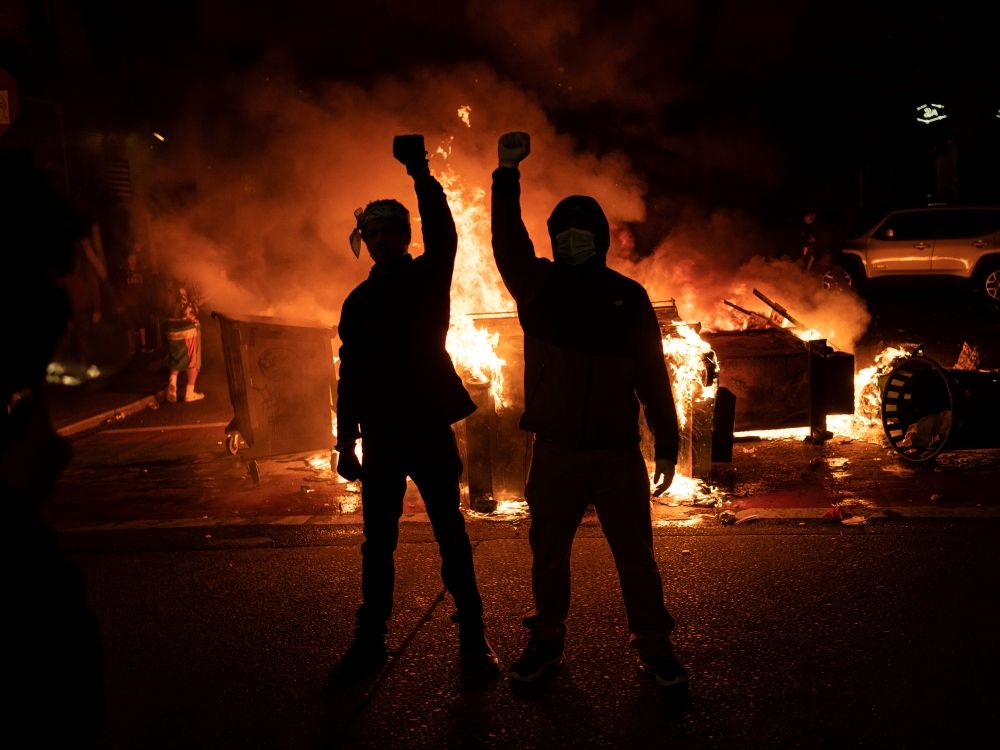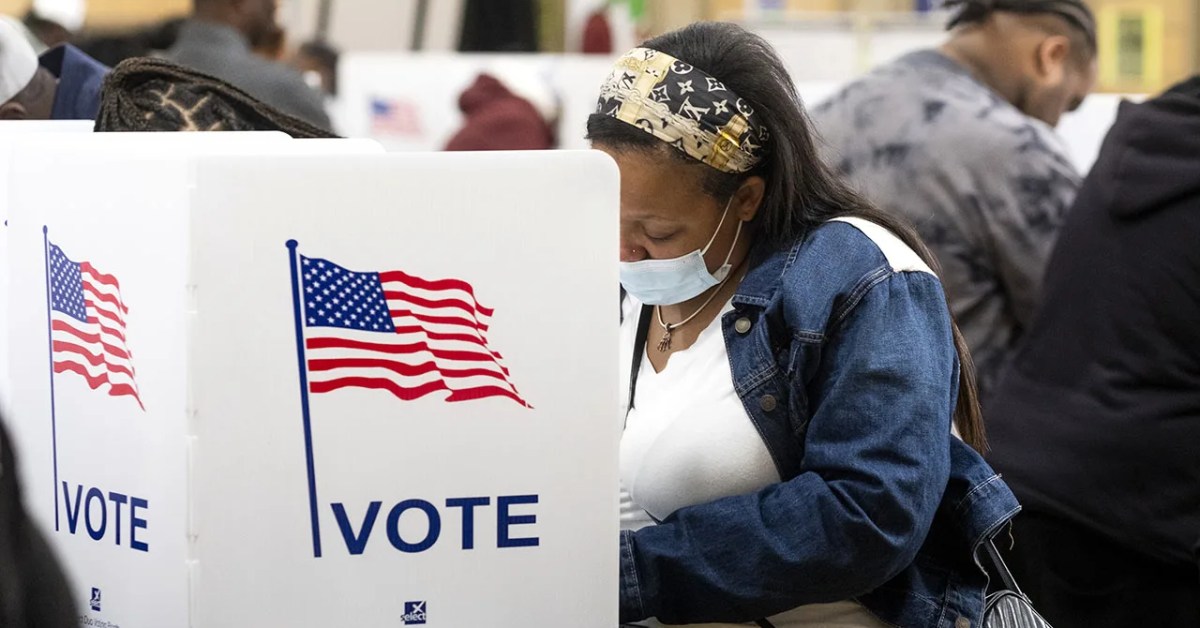Politics and the language of combat go hand-in-hand. We talk a lot about election “battles” and “fights to the finish,” but it’s all supposed to be figurative. Losers go away to lick their chops and try again next time. When that language starts to resemble the truth — when it represents
a wide embrace of violence to achieve political ends — you get something different than a normal democratic contest: you get the United States heading into the 2024 election.
Forty-one per cent of Joe Biden voters and
38 per cent of Donald Trump voters “at least somewhat believed”
the other side had become extreme enough to justify violence as a means of preventing their goals from being achieved, according to a recent
study by the University of Virginia’s Center for Politics. That was only the worst part of the rejection of liberal-democratic norms uncovered in the poll.
“A staggering majority of
both Biden (70 per cent) and Trump (68 per cent) voters believed electing officials from the opposite party would result in lasting harm to the United States,” the Center added. “Roughly half
(52 per cent of Biden voters, 47 per cent of Trump voters) viewed those who supported the other party as threats to the American way of life.”
Keep in mind that there are exactly
two viable national political parties in the U.S. due to the culture and the structure of the political system: Trump’s Republicans and Biden’s Democrats. These findings mean that
supporters of each of these parties find the prospect of a win on election day by the other side to be unacceptable. It logically follows, then, that if they’re willing to embrace violence to prevent such an outcome, they’ll consider entirely ditching the normal mechanisms of governance.
In fact, in the University of Virginia study,
41 per cent of Trump supporters expressed at least some support for secession by conservative states to form a new country, while
30 per cent of Biden supporters thought liberal states should consider doing the same.
Thirty-one percent of Trump supporters and 24 percent of Biden supporters say democracy is no longer a viable system and are willing to consider other forms of government.
Higher percentages of both camps say the president should be able to bypass Congress.





